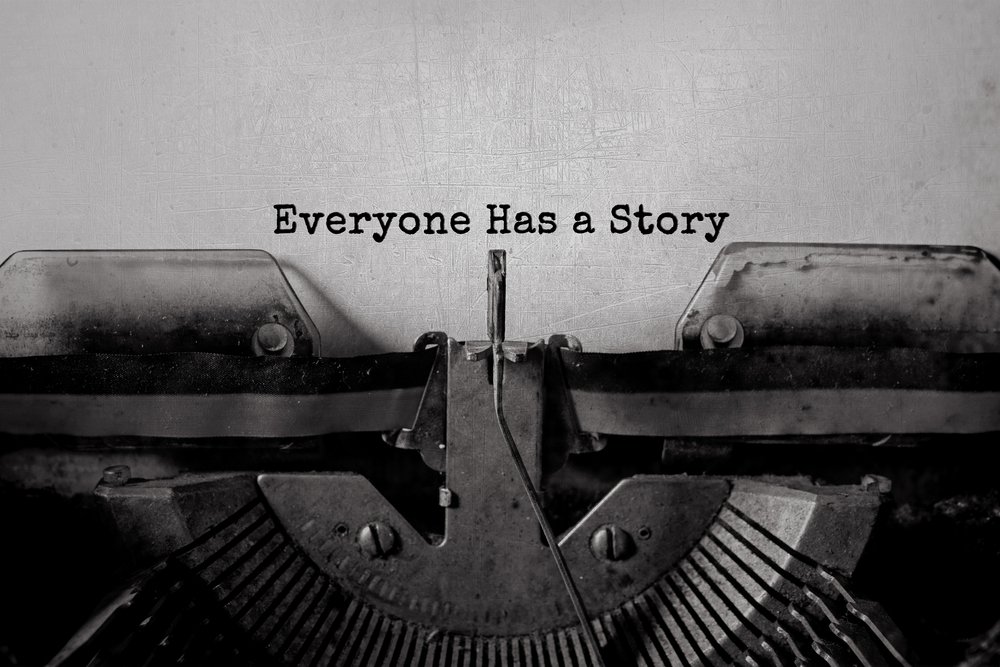‘My Story’ Opens, Giving a Shared Voice to People Dealing with Challenges of MS
Written by |

 As the challenge of living with multiple sclerosis (MS) often leaves patients feeling isolated and depressed, the biopharmaceutical firm EMD Serono has launched an online storytelling platform called My Story. The platform is designed to be an empowering and therapeutic support resource for patients and caregivers in their struggles with MS.
As the challenge of living with multiple sclerosis (MS) often leaves patients feeling isolated and depressed, the biopharmaceutical firm EMD Serono has launched an online storytelling platform called My Story. The platform is designed to be an empowering and therapeutic support resource for patients and caregivers in their struggles with MS.
This initiative comes during March, MS Awareness Month.

David Nichols, EMD Serono
“People with MS sometimes have to make lifestyle changes that can make them feel disconnected from who they were before their diagnosis,” David Nichols, senior director of advocacy and state government affairs at EMD Serono, told Multiple Sclerosis News Today. “We have found that storytelling is a technique that may help people deal with some of the challenges of a chronic condition. We hope that the My Story platform will help those impacted by MS share their experiences.”
In a statement provided to this news website, EMD Serono explained that over the company’s more than 20 years of experience in advancing care for people with MS, it has come to understand that an MS diagnosis can make individuals feel isolated from friends and family, and disconnected from the person they had perceived themselves to be — an observation supported by the findings of an MS LifeLines Ambassadors survey.
Research studies also show that storytelling can indeed have a therapeutic effect.
A study published in the Journal Of Clinical Psychology, titled “Forming a story: The health benefits of narrative,” by James Pennebaker and Janel D. Seagal of the University of Texas at Austin, noted that “writing about important personal experiences in an emotional way for as little as 15 minutes over the course of three days brings about improvements in mental and physical health.” This is a finding the researchers say has been replicated across age, gender, culture, social class, and personality type.
Another study, published in the American Psychological Association’s Journal of Personality and Social Psychology and titled “Living into the story: Agency and coherence in a longitudinal study of narrative identity development and mental health over the course of psychotherapy,“ reported that “narrative identity is the internalized, evolving story of the self that each person crafts to provide his or her life with a sense of purpose and unity.”
That study, which its author Jonathan M. Adler says is the first of its kind to examine short-term personality change via an emphasis on narrative identity, suggests that people who write personal narratives in which they are in control feel a sense of empowerment that is beneficial to their mental health and well-being.
EMD Serono also points to the storytelling’s role in creating a sense of community, noting that healthcare providers have long understood the power of bringing patients with similar conditions together to share their stories. This approach can be especially helpful to those newly diagnosed or struggling to cope with a chronic disease, as documented in a New England Journal of Medicine article titled “Narrative and Medicine“ by Rita Charon.
Accordingly, the MS Lifelines My Story initiative provides people impacted by MS with an engaging forum through which they can share strength by telling their stories and reading what others have chosen to share.
My Story facilitates the creation of personal stories through a user-friendly webpage equipped with the resources and tools needed to write a narrative and support it with personal photos. Those visiting the website will also find inspiration though entries made by others.
My Story is available at no cost to anyone impacted by MS. Those who wish to create their own story will be asked to identify whether they have MS themselves or are family, friend, or a caregiver of someone with MS. Contributors will then be directed to a storytelling template that includes “thought starters” for writing a story, as well as areas to upload personal photos, artwork, or other visual imagery.
Once the story is complete, My Story users can email themselves a PDF version to share with family and friends, and can also choose to submit their story to EMD Serono for inclusion in the My Story online library. Submissions must meet company regulatory guidelines.
An example of My Story content are the personal stories of Carrie and David, a married couple from Nashville who learned the value of storytelling through music after Carrie was diagnosed with MS 13 years ago, just 11 months after the birth of their daughter.
Having grown up playing music, and having met her husband on the music scene, Carrie’s life was turned upside down by the diagnosis, which limited her ability to do things she loved, and essentially ending her dream of “making it” as a music performer.
That sense of loss initially led to a deep depression, but Carrie soon developed a new appreciation for life thanks largely to the support she received from David, and to her ability to express her frustrations and sense of vulnerability. Storytelling, Carries says, helped her to better understand negative and hopeless feelings, to accept her MS-imposed limitations, and sparked discussion with family and friends.
Sharing her personal story also helped David, her caregiver, vocalize some of the difficult realities of their situation, leading to conversations that made both partners feel better understood, and Carrie more comfortable leaning on David when she needs help.
My Story is part of EMD Serono’s MS Lifelines website and can be accessed at: https://www.mslifelines.com/my-story.
Sources:
EMD Serono
My Story
Journal Of Clinical Psychology
Journal of Personality and Social Psychology
New England Journal of Medicine
MS LifeLines Ambassadors


